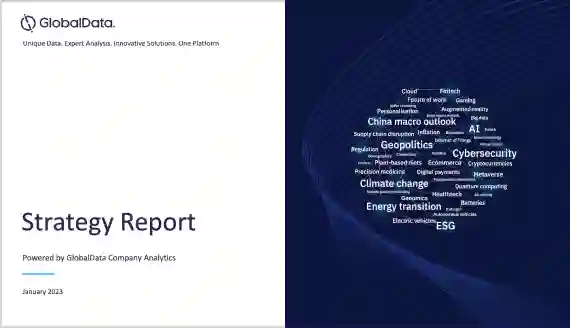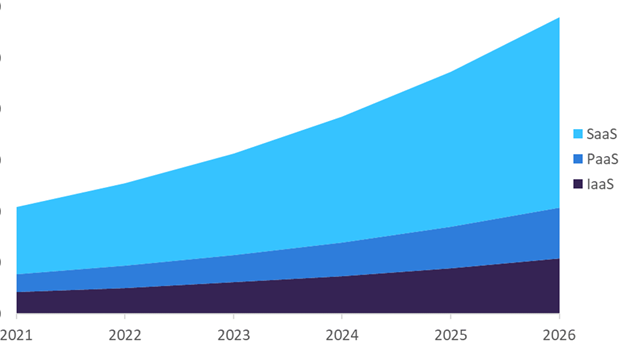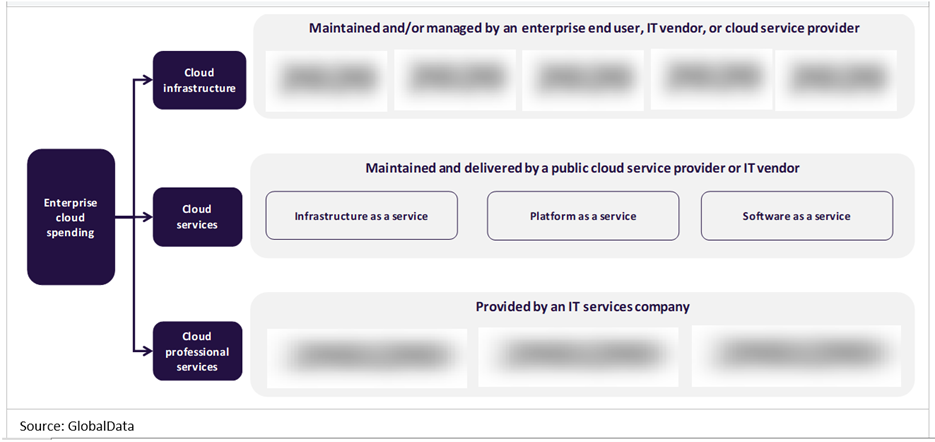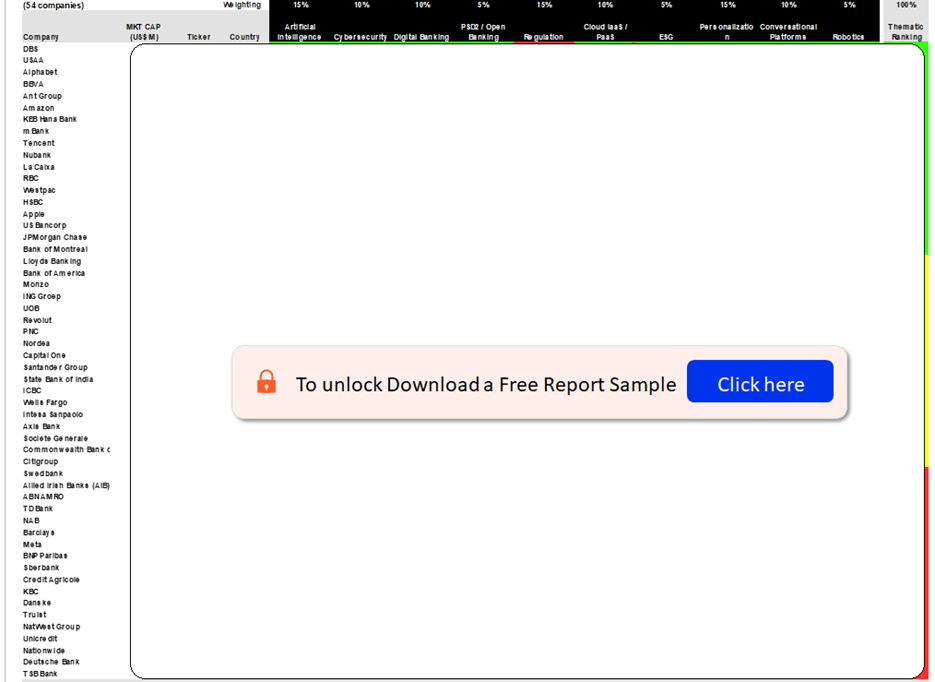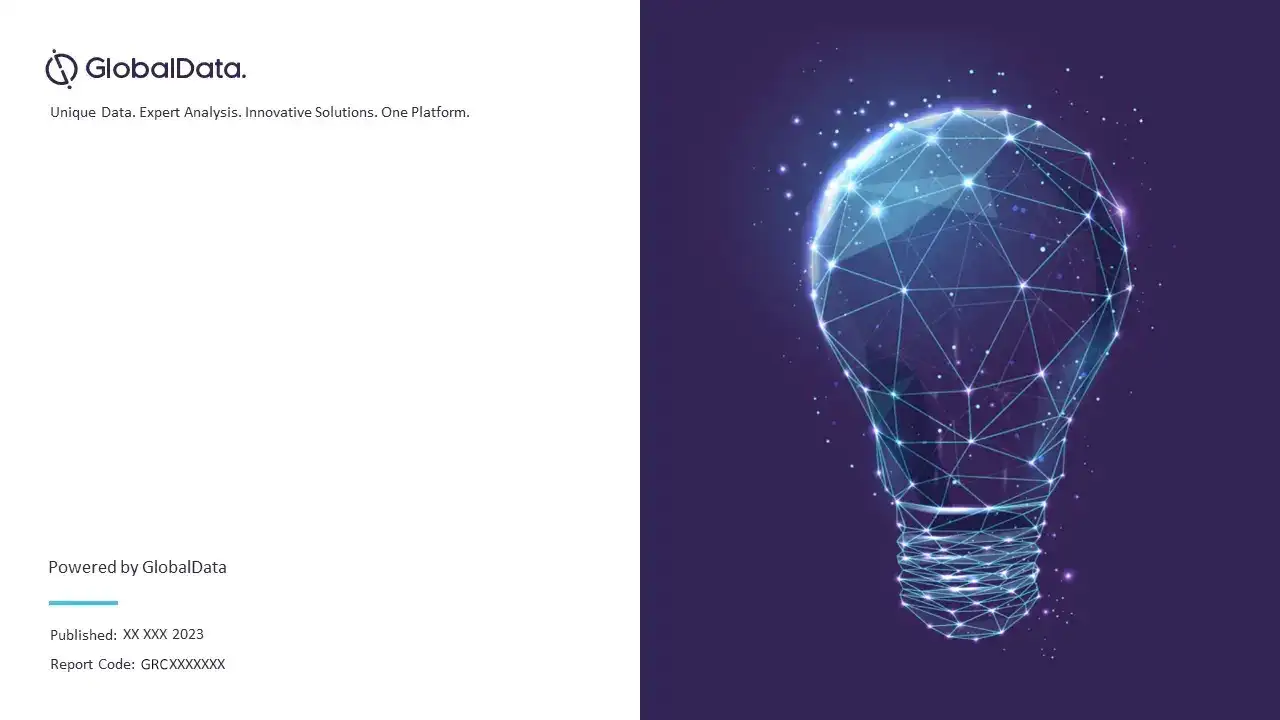Cloud Computing in Banking – Thematic Intelligence
Powered by ![]()
All the vital news, analysis, and commentary curated by our industry experts.
Cloud Computing in Banking Theme Analysis Report Overview
The advantages of using cloud computing in banking industry are extensive. It helps companies to modernize infrastructure, scale operations, improve resiliency, reduce costs, and build new revenue streams and services. Cloud-based systems have helped banks adapt to the rise in remote working, increased customer app use, and associated security and fraud risks.
The cloud computing in banking thematic intelligence report assesses how banking, combined with other emerging technologies, can be used across the banking value chain. It provides an overview of the current landscape, as well as key players, while also highlighting opportunities for the use of banking in the future.
| Report Pages | 50 |
| Regions Covered | Global |
| Value Chain Components | Cloud Infrastructure, Cloud Services, and Cloud Professional Services |
| Forecast Period | 2021-2026 |
| Leading Cloud Computing Adopters | Bank of America, Barclays, and BBVA |
| Leading Cloud Computing Vendors | Alibaba, Alphabet (parent company of Google), and Amazon |
| Specialist Cloud Computing Vendors | Avaloq, Apprenda, and FIS |
Cloud Computing in Banking - Data Analysis
The total global spending by retail banks on IaaS, PaaS, and SaaS was $20.9 billion in 2021. The market is expected to achieve a CAGR of more than 22% between 2021 and 2026. SaaS represents the largest portion of global cloud services revenue and will maintain this dominance over the coming years.
Cloud computing in banking data analysis also covers:
- Mergers and acquisitions
- Patent trends
- Company filings trends
- Hiring trends
- Cloud computing timeline
Global Cloud Service Revenue in Retail Banking, 2021-2026 ($billion)
For more insights into the cloud computing in banking revenue forecast, download a free report sample
Cloud Computing in Banking- Value Chain Analysis
The cloud computing value chain consists of three segments- cloud infrastructure, cloud services, and cloud professional services.
Cloud services (PaaS and IaaS)
In the IaaS and PaaS markets, traditional IT stack infrastructure vendors, specializing in everything from databases and operating systems to virtualization, computing, storage, and networking, face competition from public cloud service providers. The latter use subscription-based, pay-as-you-use business models to offer a full portfolio of IT infrastructure, as well as tools and platforms for application developers. Despite their incumbency, many traditional IT infrastructure vendors, including DXC Technology, Dell, and Fujitsu, now offer cloud-based, IT-as-a-service options alongside traditional IT solutions. That said, they focus on hybrid cloud architectures, providing and managing their own infrastructure on-premise and partnering with the likes of Amazon, Microsoft, and Alphabet for the public cloud workloads. This puts them in an interesting position as both incumbent IT vendors and cloud-based disruptors for IaaS and PaaS.
Cloud services (SaaS): Enterprise resource planning (ERP), customer relationship management (CRM) software, as well as specialist software for different vertical segments, is now mostly cloud-based. Players in the SaaS space use subscription-based, pay-as-you-use business models to provide traditional business software.
Cloud Computing Value Chain Analysis
For more insights into the cloud computing value chain, download a free report sample
Leading Cloud Computing Adopters in Banking
Some of the leading banking companies that are currently deploying cloud computing:
- Bank of America
- Barclays
- BBVA
Leading Cloud Computing Vendors
Some of the leading vendors in the cloud computing theme:
- Alibaba
- Alphabet (parent company of Google)
- Amazon
Specialist Cloud Computing Vendors in Banking
Some of the specialist cloud computing vendors in the banking sector:
- Avaloq
- Apprenda
- FIS
To know more about the leading cloud computing vendors, adopters, and specialist vendors in banking industry, download a free report sample
Retail Banking Sector Scorecard
At GlobalData, we use a scorecard approach to predict tomorrow’s leading companies within each sector. Our retail banking sector scorecard has three screens: a thematic screen, a valuation screen, and a risk screen.
- The thematic screen ranks companies based on overall leadership in the 10 themes that matter most to their industry, generating a leading indicator of future performance.
- The valuation screen ranks our universe of companies within a sector based on selected valuation metrics.
- The risk screen ranks companies within a particular sector based on overall investment risk.
Retail Banking Sector Scorecard – Thematic Screen
To know more about the retail banking sector scorecards, download a free report sample
Scope
- According to GlobalData forecasts, global spending by retail banks on cloud computing in 2022 amounted to more than $38 billion.
- GlobalData’s Enterprise ICT Investment Trends 2022 survey found that most retail banks already have considerable exposure to cloud infrastructure and are continuing with their cloud implementations.
- The cloud can offer quick and agile deployment of cybersecurity. A bank can outsource its cybersecurity management at a lower cost by using cloud managed services. Cloud can also help banks to standardize their processes and data management.
Reasons to Buy
- Determine potential investment companies based on trend analysis and market projections.
- Gain an understanding of the market challenges and opportunities surrounding the cloud computing theme.
- Learn how spending on cloud will fit into the overall market and which spending areas are being prioritized.
Zendesk
Avaloq
N26
Deutsche Bank
Microsoft
ServiceNow
Fiserv
Temenos
Bank of America
American Express
Box
Alphabet
Hi Sun FinTech Global
BBVA
HSBC
Oracle
Dropbox
Infosys
iGTB
Banca Generali
Starling
Alphabet
Datadog
Mambu
Thought Machine
JPMorgan Chase
Morgan Stanley
Workday
New Relic
SDK.finance
10x Banking
Wells Fargo
Standard Chartered
Infor
Intuit
FIS Profile
Barclays
Adobe
Xero
Oracle
UBS
Alphabet
Huawei
Mirantis
Santander
Oracle
IBM
Portainer
Bank of America
Wells Fargo
IBM (Red Hat)
VMware (Pivotal)
Oracle
CloudFoundry
Captial One
Amazon
Apprenda
ING Bank
Amazon
Huawei
Verizon
DBS Bank
JP Morgan
Kyndryl
VMware
Captial One
Goldman Sachs
SAP
Citigroup
Alibaba
Tencent
Adobe
DXC Technology
Accenture
Wipro
HCL
Informatica
NTT
FIS Profile
Boomi
TD Bank
BNY Mellon
Cognizant
Infosys
Mambu
Salesforce
BBVA
Atos
Orange Business
Talend
Citigroup
UBS
Cognizant
Infosys
CSI
National Bank of Australia
Kyndryl
DXC Technology
Temenos
TCS
Infosys
FIS Profile
Deutsche Bank
Table of Contents
Frequently asked questions
-
What are the key components of the cloud computing value chain?
The cloud computing value chain consists of three segments which are cloud infrastructure, cloud services, and cloud professional services.
-
Who are the leading cloud computing adopters in the banking industry?
Some of the leading banking companies that are currently deploying cloud computing are Bank of America, Barclays, and BBVA.
-
Who are the leading cloud computing vendors in the banking industry?
Some of the leading vendors in the cloud computing theme are Alibaba, Alphabet (parent company of Google), and Amazon.
-
Who are the specialist cloud computing vendors in the banking industry?
Some of the specialist cloud computing vendors in the banking sector are Avaloq, Apprenda, and FIS.
Get in touch to find out about multi-purchase discounts
reportstore@globaldata.com
Tel +44 20 7947 2745
Every customer’s requirement is unique. With over 220,000 construction projects tracked, we can create a tailored dataset for you based on the types of projects you are looking for. Please get in touch with your specific requirements and we can send you a quote.
Related reports
View more Financial Services reports


